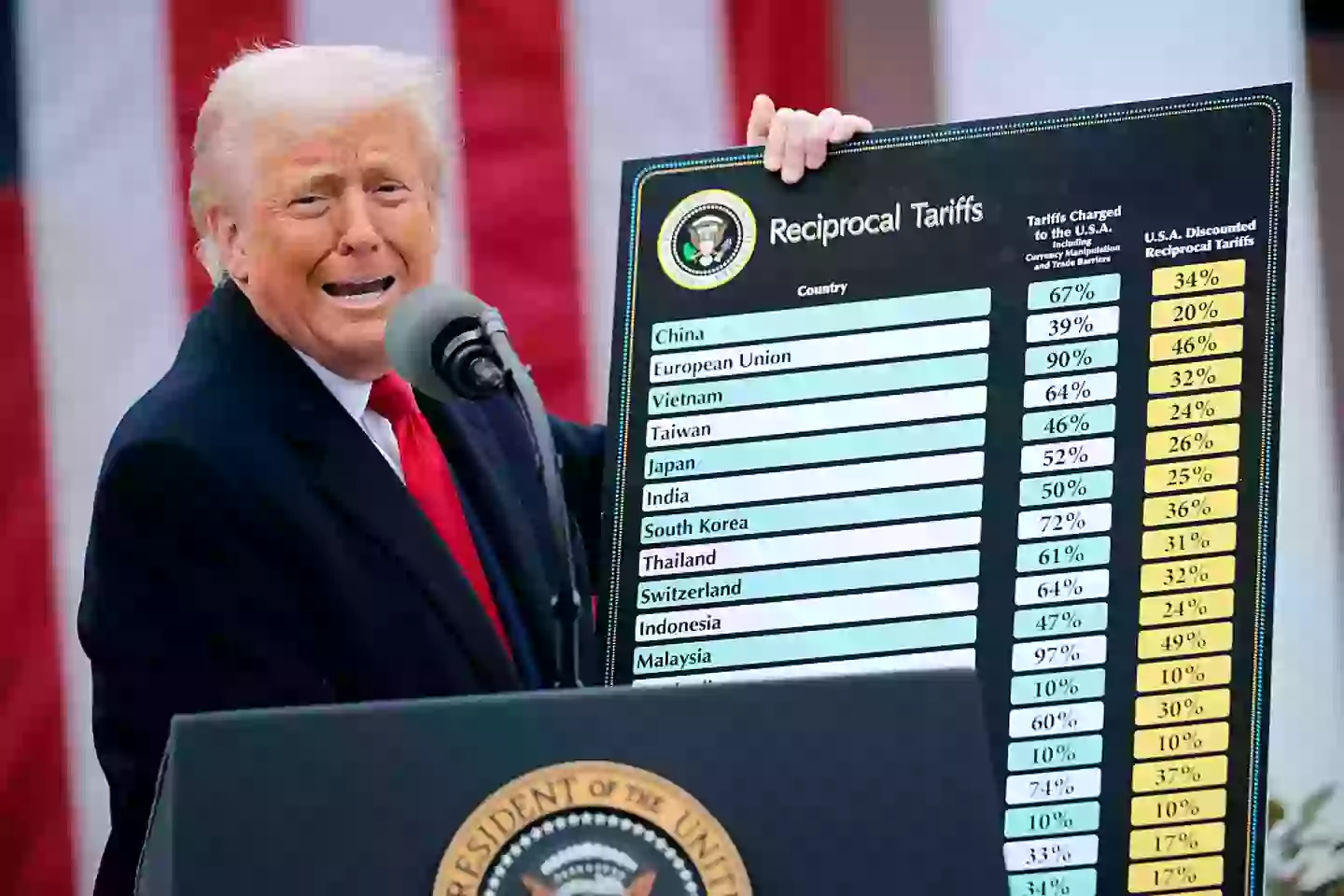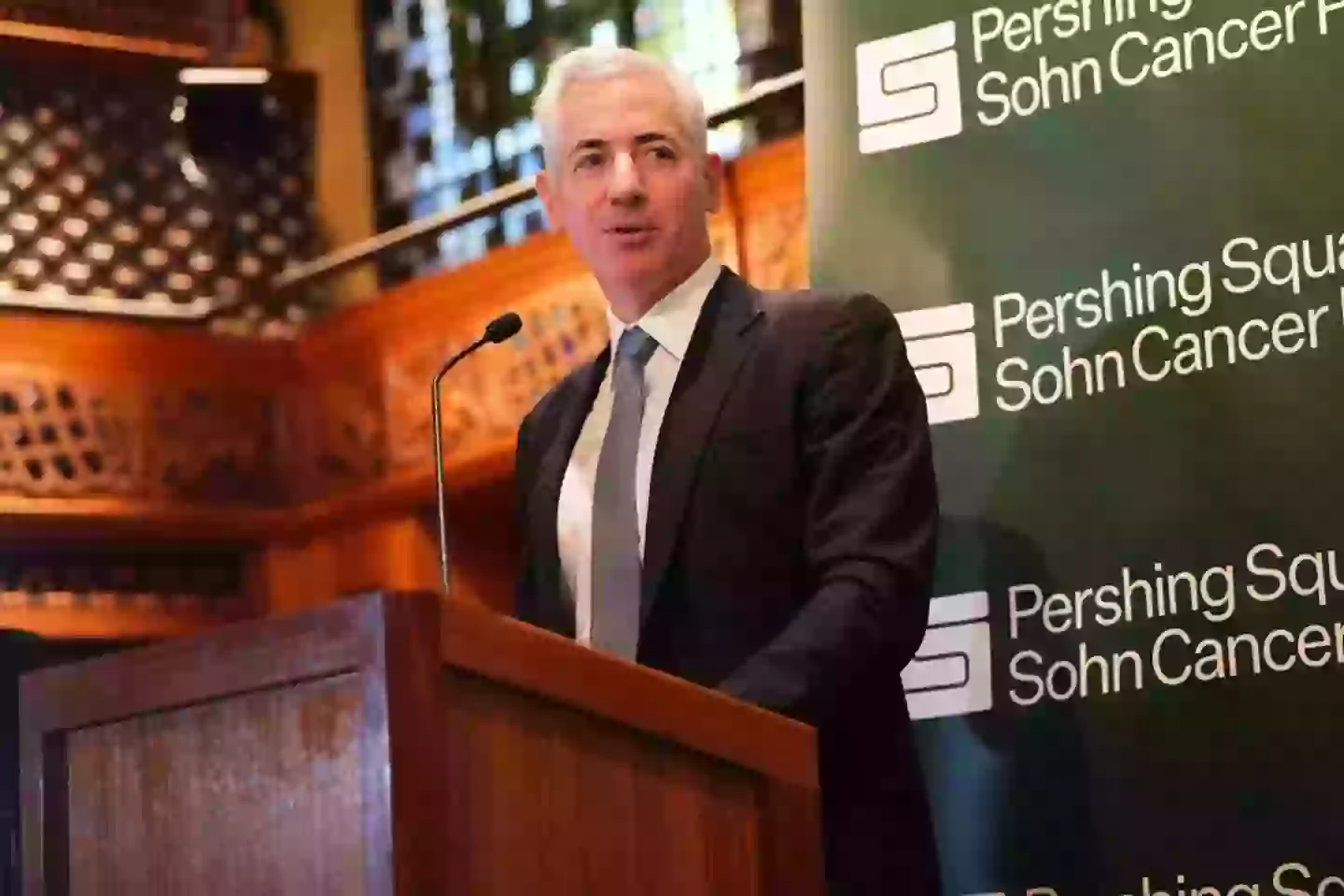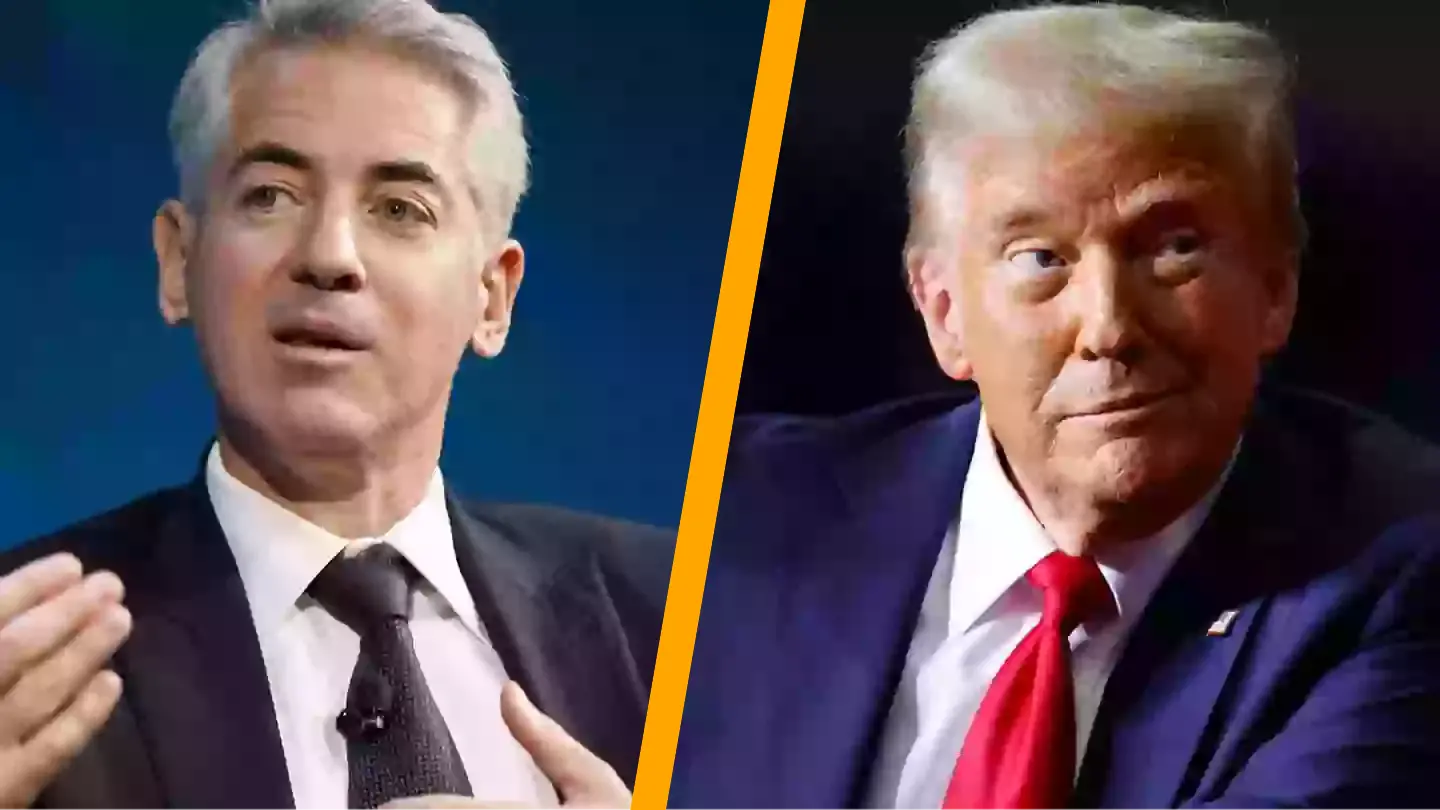President Trump’s proposal for a ‘reciprocal tariff’ plan has not been met with universal approval, including dissent from a billionaire ally who cautions that it could lead to global economic instability.
Billionaire hedge fund manager Bill Ackman, known as a strong Trump supporter, is expressing concern that the United States may harm its standing with international trading partners and trigger an ‘economic nuclear winter’ globally. Ackman urges the president to reconsider the tariff strategy.
On April 2, labeled ‘Liberation Day’ by Trump, the president announced that up to 60 countries would face a minimum 10 percent tariff on foreign imports, which took effect over the weekend.
Some countries have been subjected to even higher tariffs, such as the EU (20 percent), China (54 percent), Japan (24 percent), and Thailand (36 percent), set to be implemented on April 9.
Addressing reporters outside the White House, Trump remarked: “For decades our country has been looted, pillaged, raped and plundered from nations, near and far, from both friend and foe alike. It’s our declaration of economic independence.”

Despite the president’s stance, economists and financial advisors are becoming increasingly concerned that the tariff measures could negatively impact American consumers, affecting everything from grocery prices to automobile costs and even pensions.
Bill Ackman, a 58-year-old investor from New York with an estimated net worth of $8.9 billion according to Forbes, has become another voice cautioning against the potential fallout.
The CEO of Perishing Square Capital Management turned to Twitter to express that while there is widespread support for the president’s intent to level the economic playing field, the tariff plan threatens to permanently undermine global confidence in the United States as a business leader.
Ackman criticized the imposition of ‘massive and disproportionate tariffs on our friends and our enemies alike,’ stating it is equivalent to ‘launching a global economic war against the whole world at once.’
He elaborated: “We are in the process of destroying confidence in our country as a trading partner, as a place to do business, and as a market to invest capital.”

Ackman suggested the president seize the ‘opportunity to call a 90-day time out’ to engage in negotiations and address unfair tariff systems, potentially attracting trillions of dollars in new investment to the U.S.
“If, on the other hand, on April 9th we launch economic nuclear war on every country in the world, business investment will grind to a halt, consumers will close their wallets and pocket books, and we will severely damage our reputation with the rest of the world that will take years and potentially decades to rehabilitate,” he warned, highlighting that CEOs and directors may feel uneasy making significant long-term commitments with the U.S.
He further cautioned that businesses of all sizes would experience ‘great pain,’ as they cannot easily pass on sudden cost increases to customers.
“The president is losing the confidence of business leaders around the globe,” Ackman noted. “This is not what we voted for.”
He urged: “The president has an opportunity on Monday to call a time out and have the time to execute on fixing an unfair tariff system. Alternatively, we are heading for a self-induced, economic nuclear winter, and we should start hunkering down.
“May cooler heads prevail,” he concluded.
This warning coincides with the trending of ‘Black Monday’ on social media, a reference to the 1987 global stock market crash, following significant stock market declines last week, where $6.6 trillion was wiped from the market on Thursday and Friday.

